Genetics, including the impact of one’s environment on gene expression can account for about 40% to 60% of a person’s risk of addiction. According to NAMI roughly 50% of people living with a mental health condition also have a problem with substance abuse. factors that may increase a person’s risk of addiction include a chaotic home environment and abuse, parent’s drug use and attitude toward drugs, peer influences, community attitudes toward drugs, and poor academic achievement. Addiction is a complex disease of the brain and body that involves compulsive use of one or more substances despite serious health and social consequences. It disrupts regions of the brain that are responsible for reward, motivation, learning, judgment, and memory. It damages various body systems as well as families, relationships, schools, workplaces, and neighborhoods. Almost no one plans to become addicted to substances, like diabetes, cancer, and heart disease, addiction is caused by a combination of behavioral, environmental, and biological factors. If you find that you are or have been struggling with addiction and want to address the underlying factors contributing to substance use, it may be time to get help.
Therapy at CARE Counseling for addiction struggles may involve exploring and accepting the past events and mental health symptoms that led to addiction as well as planning for ways to replace the unwanted behaviors with healthy coping skills.













